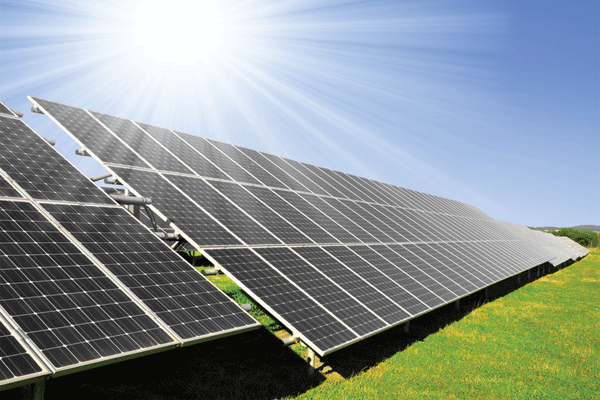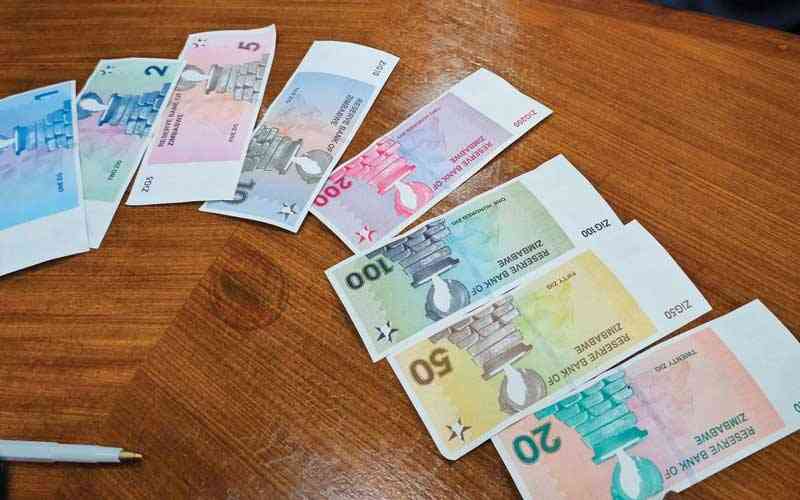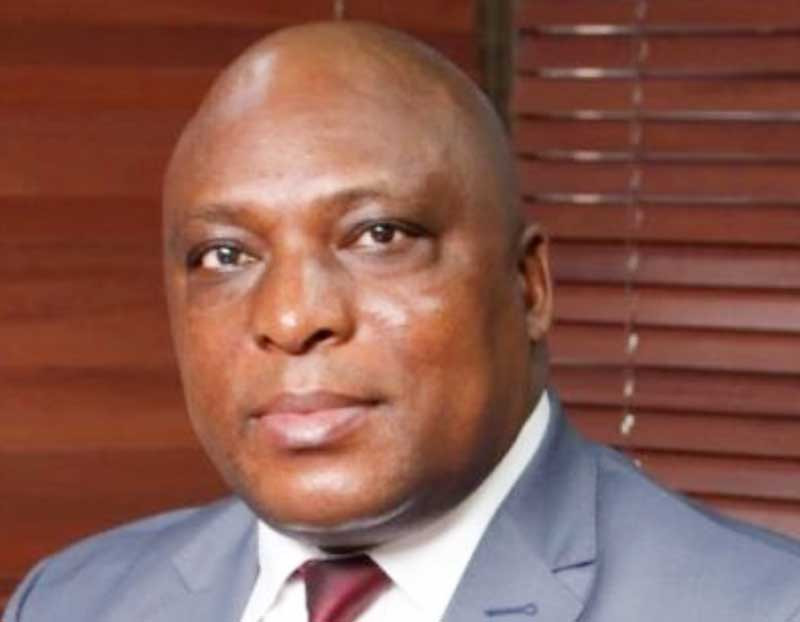
IN October last year, an international arbiter made a decision that highlights policy discord in the country and encapsulates the struggles it has faced in attracting investment in new energy generation.
The decision by the International Chamber of Commerce (ICC) in Johannesburg, South Africa, to allow the Zimbabwe Electricity Transmission and Distribution Company (ZETDC) to pay independent power producers in local currency instead of US dollars had ramifications that reverberated across the sector, showing how regulatory hurdles continue to hinder prospects for private energy investment.
Zimbabwe’s biggest independent power producer, Nyangani Renewable Energy, took ZETDC to the ICC over a US$8,6 million debt for power delivered from its 15MW Pungwe B hydropower plant in Manicaland province. The company has six hydro-electric power stations producing about 35MW.
The ICC decided that the southern African nation’s law gave ZETDC discretion on whether to pay Nyangani’s US dollar-denominated power purchasing agreement in US dollars or Zimbabwe dollars.
That ruling, coupled with the uncertainty around the currency, power offtake agreements with the power utility and unavailability of foreign credit for large-scale power projects due to the perceived risks, have slowed down independent power producer activity.
Zimbabwe’s need for renewable energy has never been greater. Citizens are subjected to regular power cuts because of the failure by Zesa to meet demand. The State-owned company is struggling to pay for privately produced power because of a shortage of foreign currency. Other projects were stalled as producers awaited the outcome of the case.
According to the Zimbabwe Power Company’s statistics, its five power plants were producing 1 173 megawatts as of Monday this week, against installed capacity of about 2 200MW.
Private electricity has the potential to transform industry and help repair an economy that’s yet to recover from the collapse it suffered two decades ago. While independent power producers supply only 135MW to the grid, licences for facilities with a combined capacity of 6 858MW have been issued, according to a parliamentary report. That is more than enough to meet demand for electricity in the country but many of the projects have not taken off.
- Chamisa under fire over US$120K donation
- Mavhunga puts DeMbare into Chibuku quarterfinals
- Pension funds bet on Cabora Bassa oilfields
- Councils defy govt fire tender directive
Keep Reading
In May last year, Zimbabwe tendered for 500MW of solar power, hoping to attract private investment into renewables. Private companies, such as leading mining companies, are advancing rapidly in setting up solar plants for their own consumption. But growth in investment by independent producers remains subdued.











